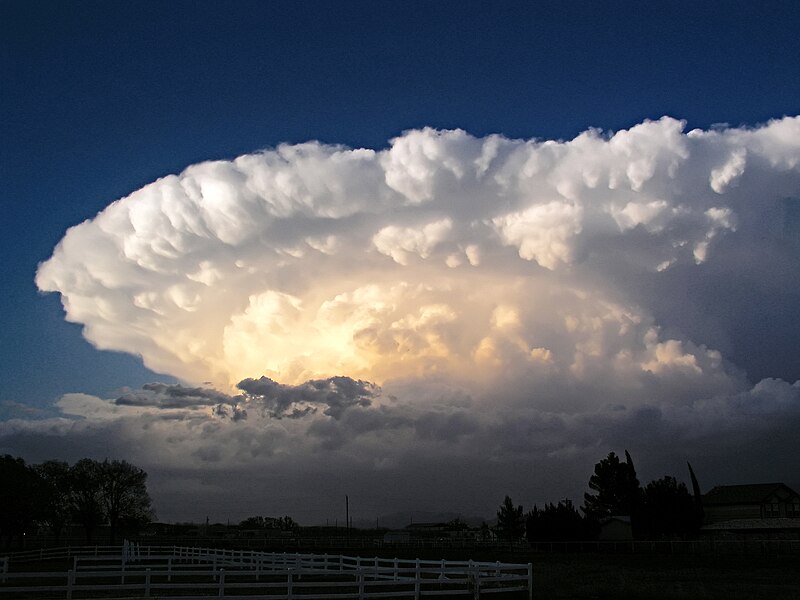 Clouds drift in and out of literature as ethereal props, metaphors, and backdrops. Clouds appear in existential narratives that beget mythologies.
Clouds drift in and out of literature as ethereal props, metaphors, and backdrops. Clouds appear in existential narratives that beget mythologies.Sometimes I go about pitying myself, and all the while I am being carried across the sky by the beautiful clouds.Clouds portend darkness, add by richness contrast, and are harbingers of hopeful change.
―Ojibwe Proverb
Rabindranath Tagore suggests clouds have a cumulative quality that colors life.
Clouds come floating into my life, no longer to carry rain or usher storm, but to add color to my sunset sky.Clouds appear to us as amorphous and ever-changing. Clouds are heavy. Clouds are light. They float in an out of our lives.
―Rabindranath Tagore, Stray Birds
Tomorrow will open again, the sky wideCloud was one of 10 nouns given to students by Richard Hugo with equal helpings of verbs and adjectives, along with enumerated constraints, as a poetry writing exercise.
as the mouth of a wild girl, friable
clouds you lose yourself to. You are lost
in miles of land without people, without
one fear of being found, in the dash
of rabbits, soar of antelope, swirl
merge and clatter of streams.
―excerpt from the poem Driving Montana, by Richard Hugo
While counter-intuitive, Hugo's constraints freed the fledgling writers to use words like cloud as an ethereal medium from which feelings emerged.
The word cloud covers the many moods and infinite possibilities between the hope and despair.
Life would be dull if we had to look up at cloudless monotony day after day.
― Gavin Pretor-Pinney, The Cloudspotter's Guide


